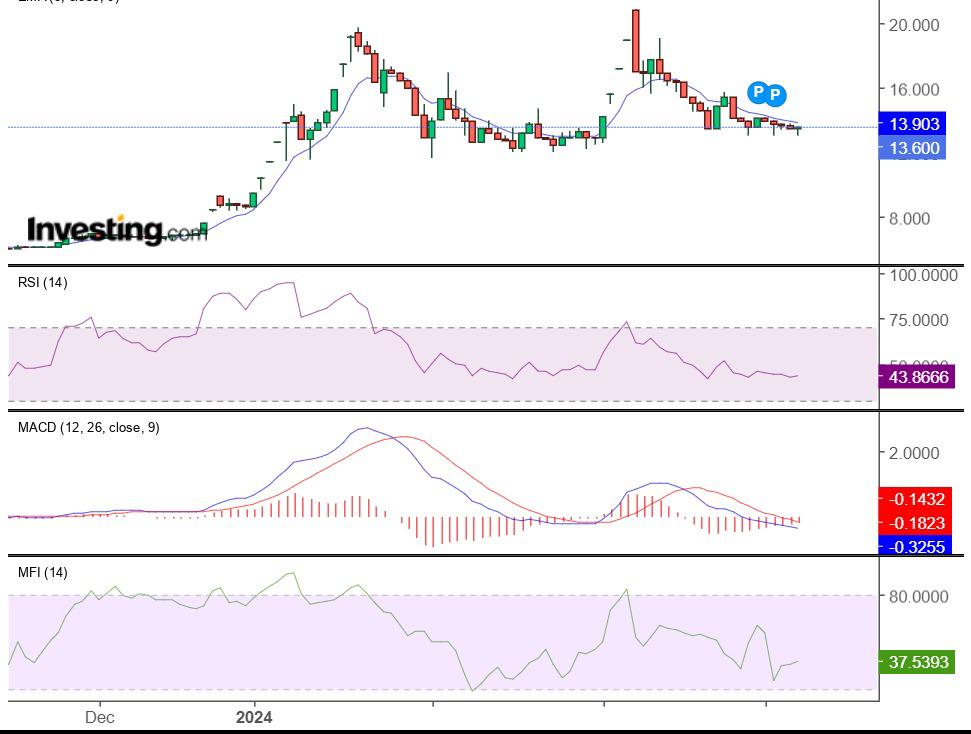
TRANSNATIONAL CORPORATION OF NIGERIA (Transcorp) recently released its full-year 2023 financial result, with a significant boost of 47.32% in its revenue which hit N196.99bn, up from N133.72bn in the similar period of 2022.
Top-line of this growth stock with huge e potentials was driven significantly by its power and hospitality businesses as in the past years, each contributing 77.98% and 22.01% to the revenue stream respectively.
The company, operates along five broad industry segments namely: Hospitality, Agro-allied, Power, Oil & Gas, and its Corporate Centre, posted a profit before tax of N58.8bn for the financial year ended December 2023, representing a 93.55% increase year-on-year.
Profit after tax surged by 92.85% from N16.84bn recorded in 2022 to N32.48bn in 2023.
Current ratio witnessed a 34.16% leap, reaching 0.68x compared to 0.51x recorded in 2022, indicating that the company has the financial resources to remain solvent. Current Assets remained very sufficient and can conveniently cover Current Liabilities.
CORPORATE ACTION: A dividend of N0.10 per share was announced, same as what was paid in 2022.

Transcorp Plc, which was one of the best performing stock in 2023, has so far witnessed a share price decline of over 30% from its all time high in mid January 2024.
The market, however, tried to test its all-time high again on March 6, before reversing to its current close of N13.60.
The stock has tested the T-Line repeatedly, signaling the presence of a strong resistance point, with MACD currently at below the signal line which indicates a downtrend. A Relative strength index reading of 43.866 suggests that the market is approaching an oversold region.
Funds has left the stock significantly as indicated by the money flow reading of 37.54 due to selloffs, profit taking and participation of investors in the current cherry rate (fixed income) market.
However, traders should watch out for a good entry point at between N11.60 and N8.60 per share.
Investors are advised to hold their position in this value stock for the Mid-Long Term.














